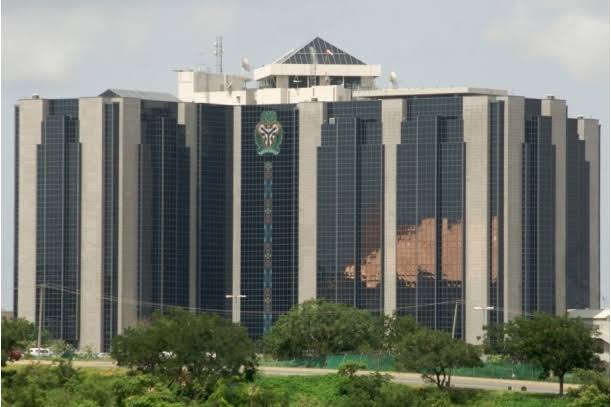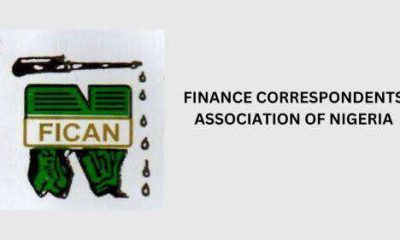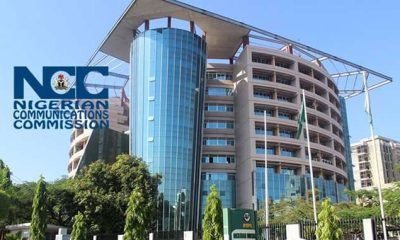Business
CBN holds benchmark interest rate at 27.5% amid signs of inflation slowdown

The Central Bank of Nigeria (CBN) has retained its Monetary Policy Rate (MPR) at 27.5 percent, citing early signs of easing inflation and the need to sustain macroeconomic stability. The decision was reached unanimously by the 12-member Monetary Policy Committee (MPC) during its 300th meeting held on May 19 and 20, 2025.
In addition to holding the MPR steady, the MPC kept other key policy instruments unchanged:
Asymmetric corridor at +500/-100 basis points
Cash Reserve Ratio (CRR) at 50% for Deposit Money Banks and 16% for Merchant Banks
Liquidity Ratio at 30%
The committee noted that these measures are necessary to consolidate recent economic gains and allow room for more data-driven policy adjustments.
Headline inflation showed a modest decline in April 2025, easing to 23.71 percent from 24.23 percent in March. The moderation was observed across both food and core inflation segments. The MPC attributed this to better food supply and government-led agricultural initiatives.
“We are beginning to see the effects of coordinated action in the agriculture sector and improved security,” said CBN Governor Olayemi Cardoso.
The MPC also highlighted progress in Nigeria’s foreign exchange market, citing a narrowing gap between official and parallel market exchange rates. It credited recent market reforms for improving investor confidence. Nigeria’s gross external reserves rose 2.85 percent to $38.90 billion as of May 16, providing an import cover of 7.6 months.
Despite these positive trends, the committee flagged lingering inflation risks driven by high electricity tariffs, persistent forex demand pressure, and structural inefficiencies. The MPC urged the federal government to sustain momentum on fiscal reforms, particularly efforts to diversify the economy and expand non-oil exports.
“The policy path remains cautious,” said one committee member. “We need sustained reforms to translate current gains into long-term stability.”
The committee also expressed concern over declining global crude oil prices, citing increased output from non-OPEC producers and uncertainty in global trade policy—particularly from the United States. These external headwinds could pose challenges to Nigeria’s fiscal outlook and budget performance.
Still, the committee maintained a cautiously optimistic outlook. Real GDP grew by 3.84 percent in Q4 2024, up from 3.46 percent in the previous quarter, driven by gains in both oil and non-oil sectors. The services sector was singled out as a key contributor to the growth momentum.
The MPC reaffirmed its commitment to closely monitor global and domestic economic developments and to act decisively when needed. Its next meeting is scheduled for July 21 and 22, 2025. In the interim, it urged stronger coordination between monetary and fiscal authorities to anchor inflation expectations and foster economic stability.









